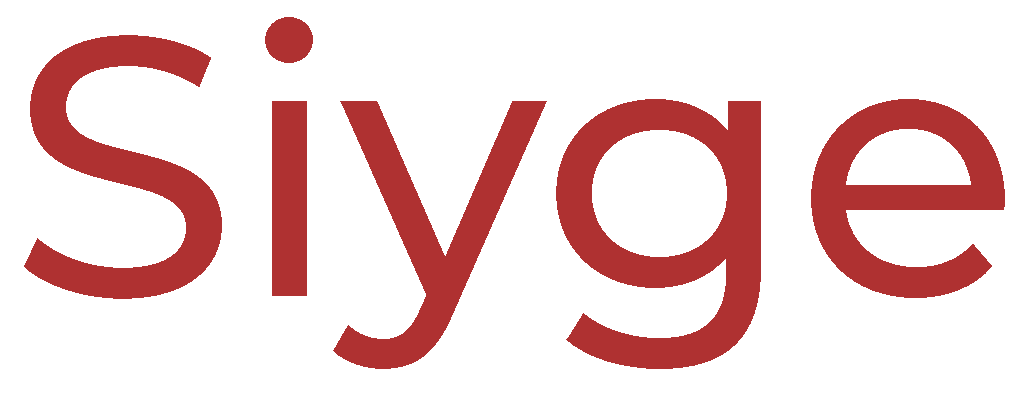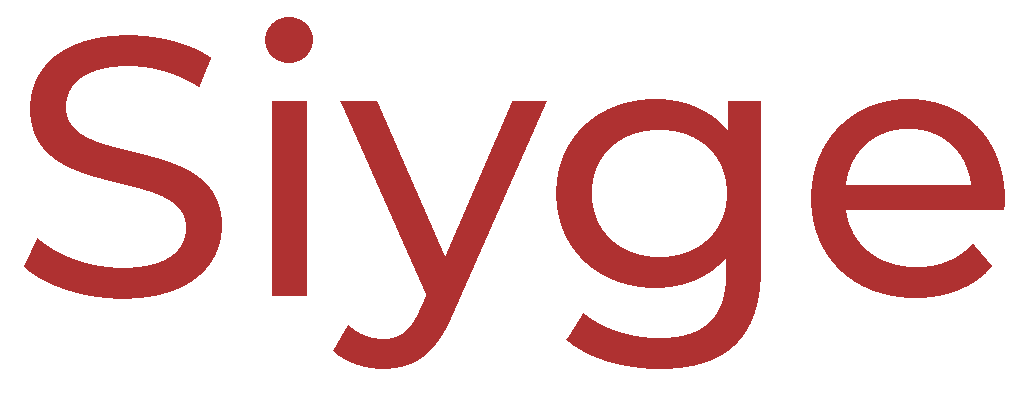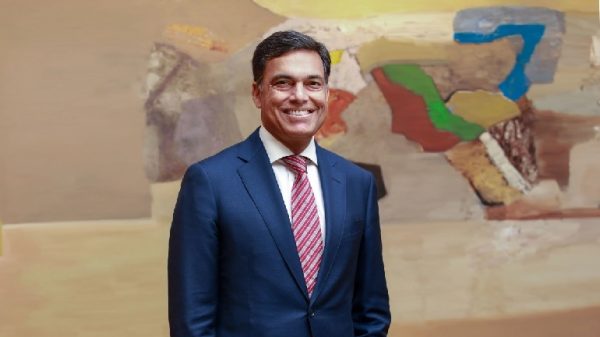On August 24, Telegram CEO Pavel Durov was arrested in France under allegations linked to criminal activities facilitated on the messaging platform and non-cooperation with law enforcement. Durov, 39, was detained at Le Bourget Airport, near Paris, after arriving from Azerbaijan on a private flight. Although he was not immediately charged, he remained in custody, with the possibility of extended detention until August 28. French authorities are investigating a range of potential charges, including complicity in the distribution of child pornography, drug trafficking, money laundering, and obstruction of law enforcement efforts.
The investigation, initiated on July 8, is being led by cybercrime and anti-fraud experts. The Paris prosecutor, Laure Beccuau, confirmed Durov’s questioning but emphasized that no formal charges had been brought yet. In France, criminal cases of this nature are handled by special magistrates who have extensive powers to investigate, charge, or drop cases depending on the evidence presented.
Durov’s arrest has fueled a broader discussion about free speech on the internet. Telegram, a platform with over 900 million users, has faced criticism for its minimal content moderation, which, while enabling communication in authoritarian regimes, has also attracted extremist groups and illegal activities. French President Emmanuel Macron dismissed accusations that Durov’s arrest was politically motivated, reaffirming that it was a purely judicial matter. Macron emphasized that the investigation and potential charges would be decided by the French legal system, not influenced by political agendas.
The arrest highlights the growing pressure on tech companies to address the proliferation of disinformation, online extremism, and harmful content. Law enforcement agencies worldwide are increasingly scrutinizing platforms like Telegram for their role in enabling illegal activities. Durov’s detention could exacerbate already strained relations between France and Russia, particularly as France supports Ukraine in its conflict with Russia. Telegram, for its part, has denied any involvement in criminal activities and reiterated its commitment to privacy and free speech, maintaining that Durov has “nothing to hide.”
Follow for more.




















